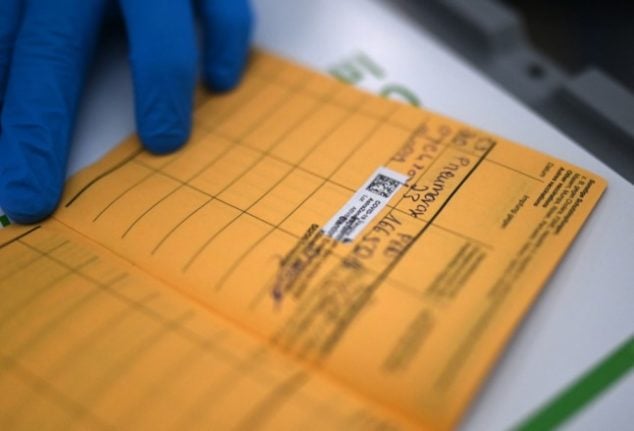The bank said earnings were boosted by recovery in its core Nordic markets.
“SEB’s performance is closely linked to the activity level of our customers. The cautiously growing optimism in the Nordic countries translated into higher income levels during the quarter,” chief executive Annika Falkengren said.
“With (growth in) non-performing loans substantially lower, SEB has turned the page in the Baltic countries,” Falkengren added.
Swedish banks, led by SEB and Swedbank, took advantage of the deregulation of the financial markets in neighbouring Baltic states in the 1990s and invested aggressively, quickly gaining significant market shares.
But the banks suffered severe losses when Estonia, Latvia and Lithuania started tumbling in 2008, going on to experience the deepest recession among European Union member states in 2009 after years of record growth.
SEB, the third largest Swedish bank in terms of market capitalisation, has since re-focused on the Nordic countries, which were less affected by the crisis than their neighbours.
On Monday, it announced the sale of its German retail banking business to Spain’s Santander.
SEB said it had a second quarter net profit of 1.99 billion kronor ($265.7 million), more than reversing a loss of 193 million kronor in the same period last year.
It beat the 1.02 billion kronor profit expected by analysts surveyed by Dow Jones Newswires.
Provisions for credit losses were slashed 83 percent to 619 million kronor, including 451 million for the Baltic countries.
Last year, its provisions for the three Baltic states alone were 2.64 billion kronor.
Total net interest income – the difference between interest earned on loans and interest paid out on deposits – rose six percent to 4.1 billion kronor, also beating forecasts.


 Please whitelist us to continue reading.
Please whitelist us to continue reading.
Member comments